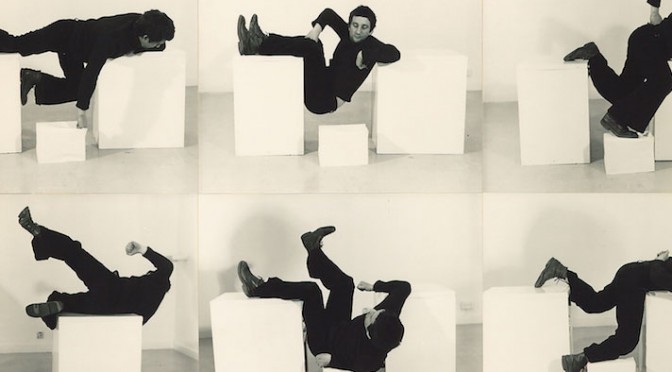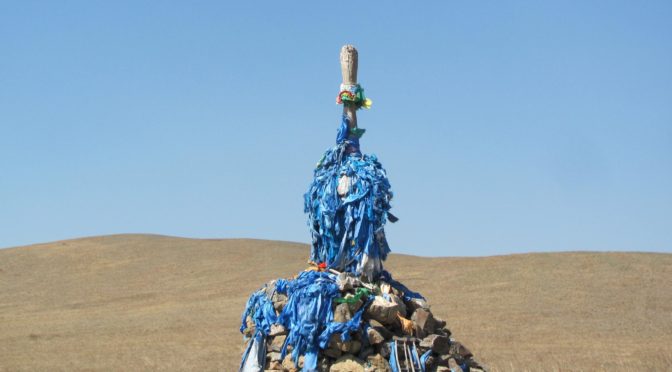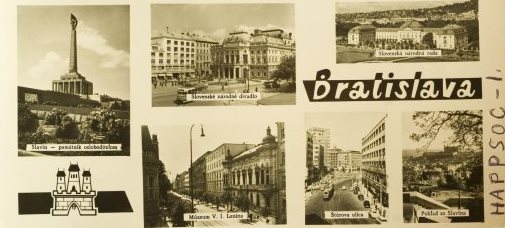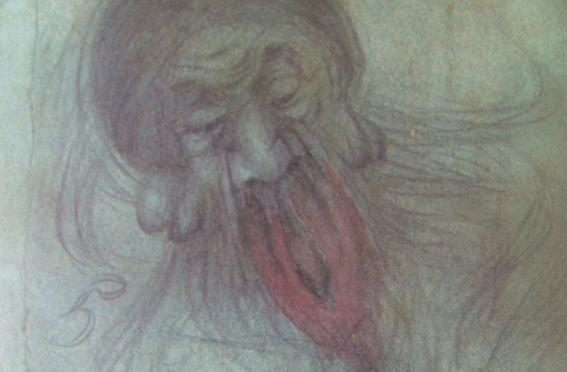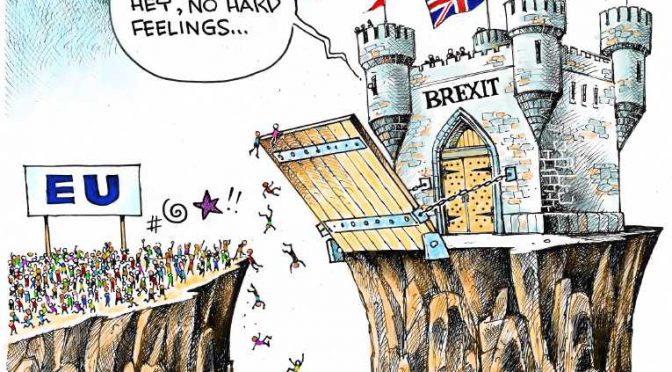A workshop organized by CEFRES and the CNRS research group “Knowledge on Central Europe” (GDR CEM)
Venue: CEFRES, Na Florenci 3, 3rd floor, conference room
Language: French (English)
Organizers: Clara Royer (CEFRES), Nadège Ragaru (CERI-Science Po) & Antoine Marès (Panthéon-Sorbonne University)
Read the call for papers in French or in Czech
Temporary Program
Thursday 15 June
1:30 Welcome by Clara Royer, director of CEFRES
Antoine Marès : Présentation du GDR Connaissance de l’Europe médiane
Panel I. Literary Creation: Canonic or Transgressive (P)Act?
Discussants: Eva Beránková & Paweł Rodak
2.00 Dimitri Garncarzyk (Université Sorbonne Nouvelle Paris 3 / CERC) : La norme comme idéal : éloge et apologie des règles dans le classicisme polonais, de Dmochowski à Śniadecki
2.20 Lucia Bonora (UČL AV ČR) : La transgression comme modus vivendi : le décadentisme tchèque et le dépassement des règles
2.40 Discussion
3.00 Clara Royer (CEFRES) : Littérature des camps et écriture iconoclaste : Imre Kertész contre Jorge Semprun
3.20 Kinga Callebat (Université Paris-Sorbonne / EUR’ORBEM) : La transgression comme norme ? La re-lecture de textes canoniques de la culture polonaise par les prosateurs de la fin du XXe et du début du XXIe siècle
3.40 Discussion
—- Break —-
Panel II. Intimacy and Writing: Asserting the Self Against Which Norms?
Discussant: Clara Royer
4.30 Malgorzata Smorag-Goldberg (Paris-Sorbonne University / EURORBEM) : Exhiber l’ossature du temps ou des usages transgressifs de la succession dans les écrits intimes : Kronos de Witold Gombrowicz
4.50 Paweł Rodak (Centre de Civilisation polonaise – Paris-Sorbonne University) – Transgression et résignation dans les journaux d’Edward Stachura : à la frontière de la vie, à la frontière de la littérature
5.10 Discussion
Friday 16 June
Panel III. Bodies and Souls
Discussants: Marie-Élizabeth Ducreux
9.00 Daniela Tinková (FF UK): Le suicide entre la norme religieuse, pénale et médicale dans la monarchie des Habsbourg et en France entre le XVIIe et le XIXe siècle
9.20 Filip Herza (CEFRES / FHS UK): Staging Transgressions: Freak Shows in the 19th-Century Prague
9.40 Mateusz Chmurski (Université Libre de Bruxelles / EUR’ORBEM): Une trop bruyante intimité ? Kronos de Witold Gombrowicz et sa réception polonaise
10.00 Discussion
—- Break —-
Panel IV. Between Defiance and (Re-)Negociations
Discussants: Antoine Marès and (to be confirmed)
10.45 Étienne Boisserie (Inalco): Contestation et stratégies d’évitement de la contrainte morale et matérielle dans l’Autriche-Hongrie en guerre : outils et temporalités
11.05 Alessandro Milani (EPHE / CEFRES-FMSH / Centre Marc Bloch): La gestion des minorités dans la Seconde République de Pologne entre normes et désobéissance civile : le cas galicien
11h25 Discussion
—- Break —-
Discussant: Jiří Hnilica (PedF UK)
12.10 Paul Gradvohl (Lorraine University): Les discours sur l’histoire en Europe centrale : du national comme norme
12.30 Jana Vargovčíková (FF UK / Paris-Nanterre University): Le scandale comme fabrique de sens et arène de politisation : le lobbying polonais dénoncé et défini à travers les récits de transgression
12.50 Discussion

